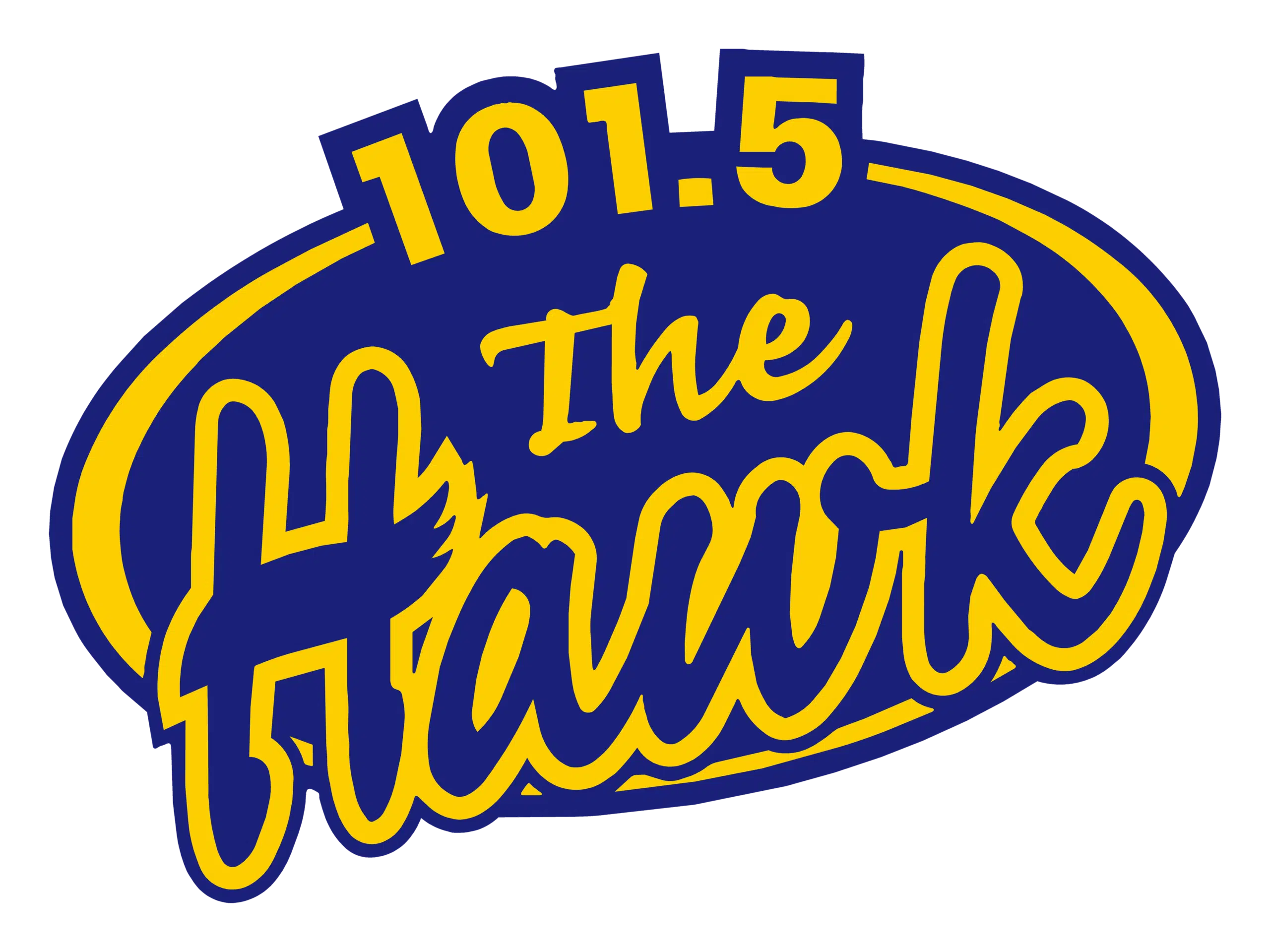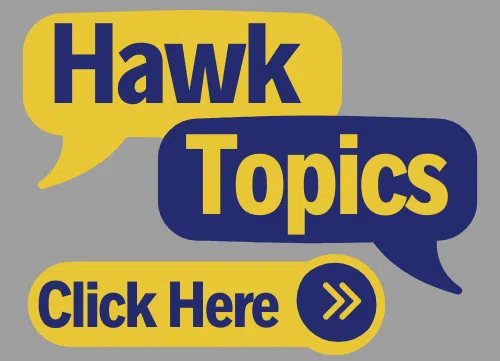Nova Scotia hopes to use AI, powered by Google Cloud Consulting, to help you and health-care workers search for health information.
The collaboration would let people search using conversational language and asking questions, which would help people and health-care workers find what they’re looking for faster, according to the province.
“Instead of having to know exactly what terms to search for or using specific keywords, someone can use plain language or just ask questions, and the tool will know how to search for related things,” Scott McKenna, chief information officer with Nova Scotia Health, told reporters.
The government unveiled the new partnership Wednesday morning. Over the next five years, the province will spend $42 million on the project.
The AI-powered search tools have three main uses.
The first would let Nova Scotians search the YourHealthNS app and Nova Scotia Health website using hundreds of languages.
The second would let health-care professionals use conversational language, like asking questions in the search engine, to sift through patient records faster.
The third aspect would help radiologists review chest x-rays by providing preliminary information, which would help doctors find information faster.
Doctors in the province spend a lot of time on administrative work, and these changes would help them save time to see more patients, McKenna said.
Matthew Clarke is a physician in the emergency department for Nova Scotia’s central zone, and he’s the associate chief medical information officer for Nova Scotia Health and IWK Health.
He said it’s difficult to give an exact number of how much time this new service would save, but they are significant.
Clarke said this search technology would improve two main parts of the clinician’s job.
It would help him get the information he needs faster, but it would also help him see things he might have missed.
When he goes through the record for a complex patient, he said, there could be 500 to 700 pages of their lengthy charts. It’s impossible to read that much, so as he goes through, he tries to see what information he needs most
“But to be able to tell you for sure that a piece of information was not in the chart would actually be impossible,” said Clarke.
This search tool would very quickly show him if certain info was in the chart or not, he said.
They hope to have the new service up and running by fall of 2025.
Although, it will take a little while longer to implement the x-ray system, the government said.
Google will not have any access to private health records, according to the province. They only provide the search technology.










